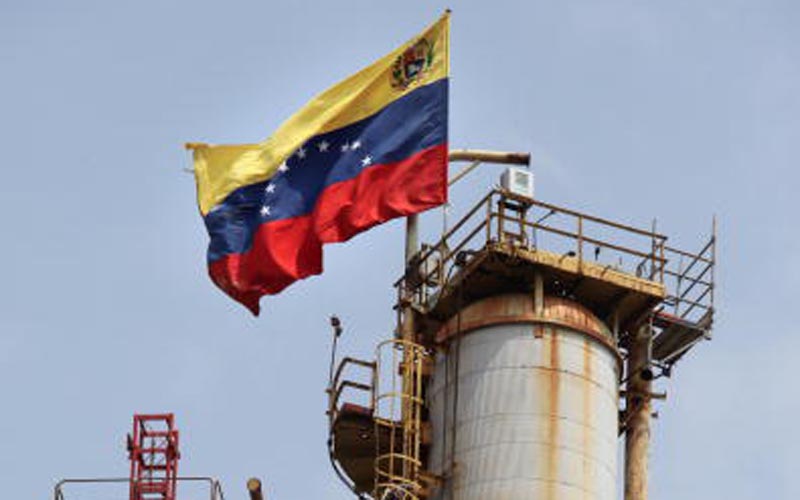 U.S. President Donald Trump’s administration is preparing to grant new authorizations to key partners of Venezuela’s state-run oil company PDVSA, starting with Chevron, which would allow them to operate with limitations in the sanctioned OPEC nation, four sources close to the matter said on Thursday.
U.S. President Donald Trump’s administration is preparing to grant new authorizations to key partners of Venezuela’s state-run oil company PDVSA, starting with Chevron, which would allow them to operate with limitations in the sanctioned OPEC nation, four sources close to the matter said on Thursday.
If granted, the authorizations to the U.S. oil major, and possibly also to PDVSA’s European partners, would mark a policy shift from a pressure strategy Washington adopted earlier this year on Venezuela’s energy industry, which has been under U.S. sanctions since 2019.
A senior State Department official said in a statement they could not speak about any specific licenses to PDVSA’s partners, but added the U.S. would not allow President Nicolas Maduro’s government to profit from the sale of oil.
The U.S. might now allow the energy companies to pay oilfield contractors and make necessary imports to secure operational continuity, two of the sources said.
“Chevron conducts its business globally in compliance with laws and regulations applicable to its business, as well as the sanctions frameworks provided for by the U.S. government, including in Venezuela,” a company spokesperson said.
Though Venezuela and the U.S. conducted a prisoner swap this month, relations between the two countries have been tense for years, and the Trump administration has publicly supported opposition leaders who say their candidate won last year’s election, not Maduro.
Trump in February announced the cancellation of a handful of energy licenses in Venezuela, including Chevron’s, and gave until late May to wind down all transactions.
The U.S. State Department, which in May blocked a move by special presidential envoy Richard Grenell to extend the licenses, is this time imposing conditions to any authorization modifications, so no cash reaches Maduro’s coffers, the two sources added.
But Secretary of State Marco Rubio could still decide to ban the move at the last minute or modify the scope of the new authorizations.
It was not immediately clear if the terms of the license that could be granted to Chevron would be reproduced for other foreign companies in Venezuela, including Italy’s Eni and Spain Repsol, which have been asking the U.S. to allow them to swap fuel supplies for Venezuelan oil.
The U.S. Treasury Department’s Office of Foreign Assets Control did not immediately respond to a request for comment.
(Reporting by Marianna Parraga in Houston and Timothy Gardner and Matt Spetalnick in Washington, additional reporting by Sheila Dang Editing by Marguerita Choy)